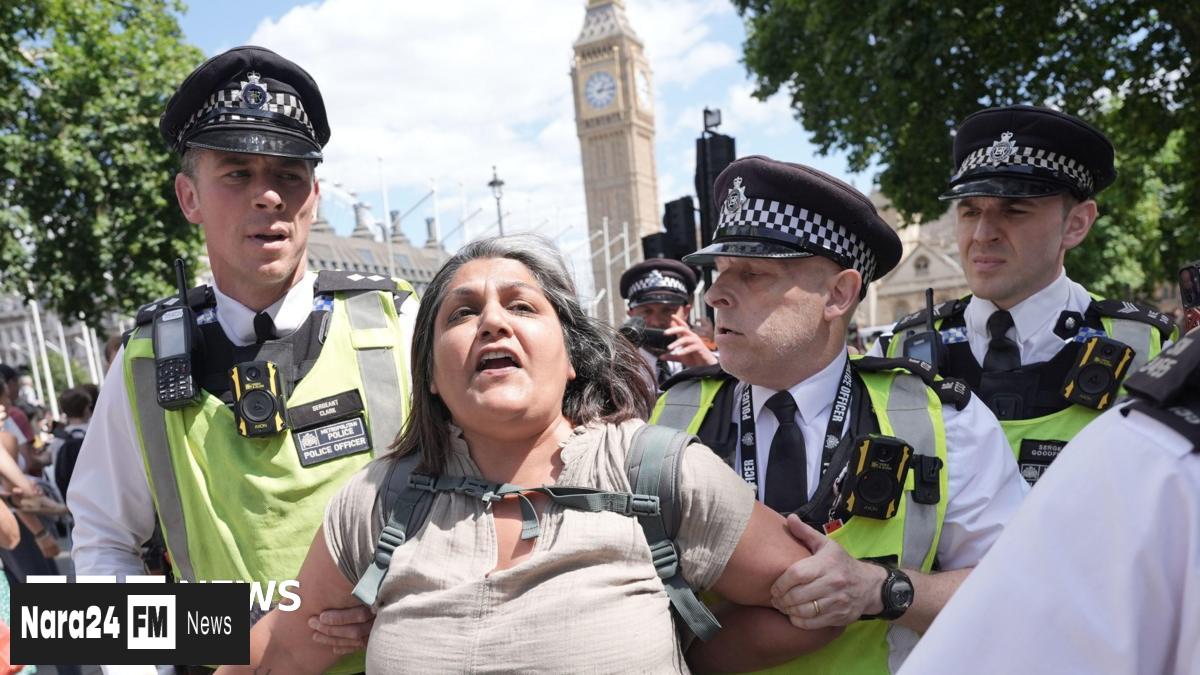As many as 600 individuals gathered in Parliament Square following the group’s ban under the Terrorism Act 2000, which criminalizes support for proscribed organizations. Police confirmed that 365 attendees were arrested for holding signs endorsing Palestine Action, with additional seven arrests for unrelated offenses including assault on officers. Protesters reportedly shouted "shame on you" as arrests occurred.
Legal Context and Government Stance
The proscription, enacted in July, cites "serious criminality" including vandalism and violence. Critics argue the ban stifles free speech, while the government asserts it targets groups "engaged in serious attacks" like the RAF Brize Norton vandalism costing £7m. Palestine Action has publicly accepted responsibility for the incident.
Organizers and Counterarguments
Defend Our Juries, which organized the protest, claims over 1,000 "sign-holders" were present, though police dispute this. The group condemned the government’s "complicity in genocide," while police maintained the arrests were lawful and necessary to prevent public order disruptions.
Broader Impact and Future Actions
Similar arrests have occurred nationwide since the ban. Two women and a man face charges for supporting Palestine Action, set to appear at Westminster Magistrates’ Court in September. Meanwhile, rival protests by pro-Israeli groups and Palestine Coalition are scheduled in London. The High Court is reviewing the ban’s legality, with arguments centering on free speech versus public safety.
Related Topics
- Metropolitan Police Service
- City of Westminster
- Home Office
```








Comments (0)
Leave a Comment
Be the first to comment on this article!